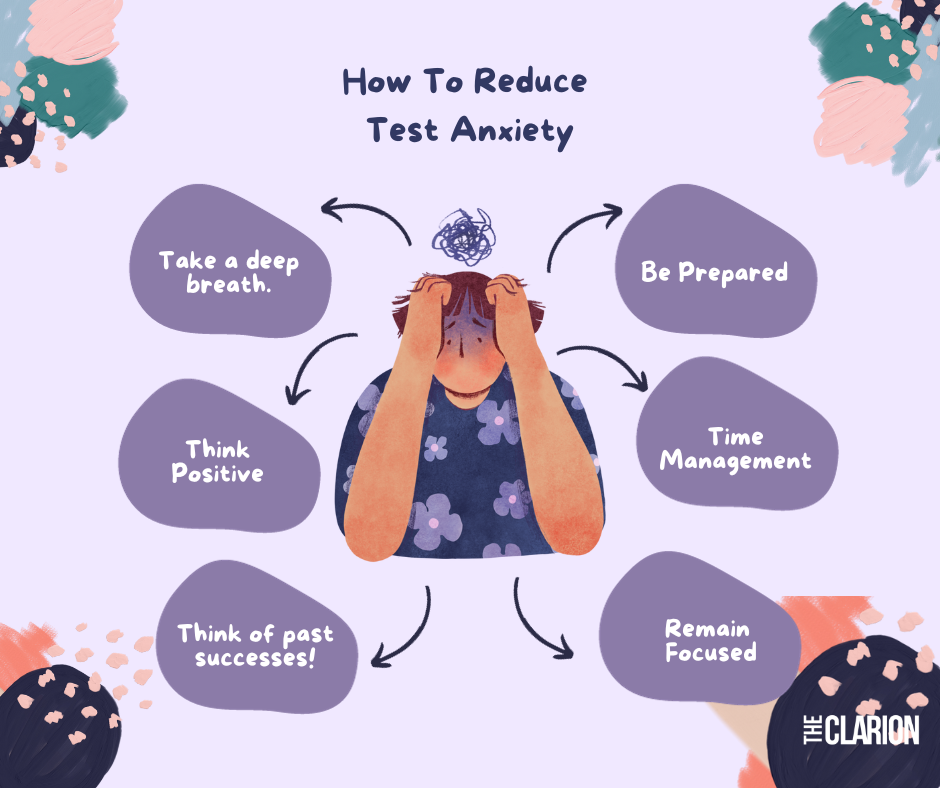Extra, extra, read all about it! Your test scores are under attack and your test anxiety might play a huge role in why. We’ll explore the effects, the statistics, and how to fight off your test anxiety.
Test anxiety is a psychological condition that causes extreme stress, worry, and discomfort before or during exams, impairing learning. It could also cause behavioral reactions like struggling to recall information and organize your thoughts and psychological reactions like hopelessness and despair.
It’s the number one killer in test performance, studies have shown that people who experience test anxiety have lower test scores than those who don’t.
According to mind-diagnostics.org, between 10-40 percent of students experience test anxiety. Anxiety disorders affect 18 percent of adults, but only one-third of them seek treatment. Increased Standardized Testing increases test anxiety. Among students with test anxiety, those with poor working memory had worse test results than those with good working memory.
Overcoming the paralyzing fear of failure is crucial for achieving success, and there are several effective ways you can employ to fight this anxiety. One of the most fundamental approaches is thorough preparation and study. Instead of giving into fear you can take proactive steps to minimize its impact, for example, meditation and a couple of deep breaths have never hurt anyone along with muscle relaxation; tensing your muscles, and releasing. Positive self-talk, reading questions carefully, and answering easy questions first are good ways of calming the mind and boosting your confidence before and/or during your test.

And lastly seeking support. Reaching out to your counselors when these feelings come about and speaking to your professors to see if they can offer any resources or accommodations that could help.
Mental health is not talked about often and with rising exams, and standardized testing it’s important to seek support. Test anxiety is still very prevalent so you’re not alone if you’re dealing with it. Seeking support, getting proper study time, and giving yourself a break are necessary to support your mental health and achieve good grades.
Myia Rainey
Staff Writer

